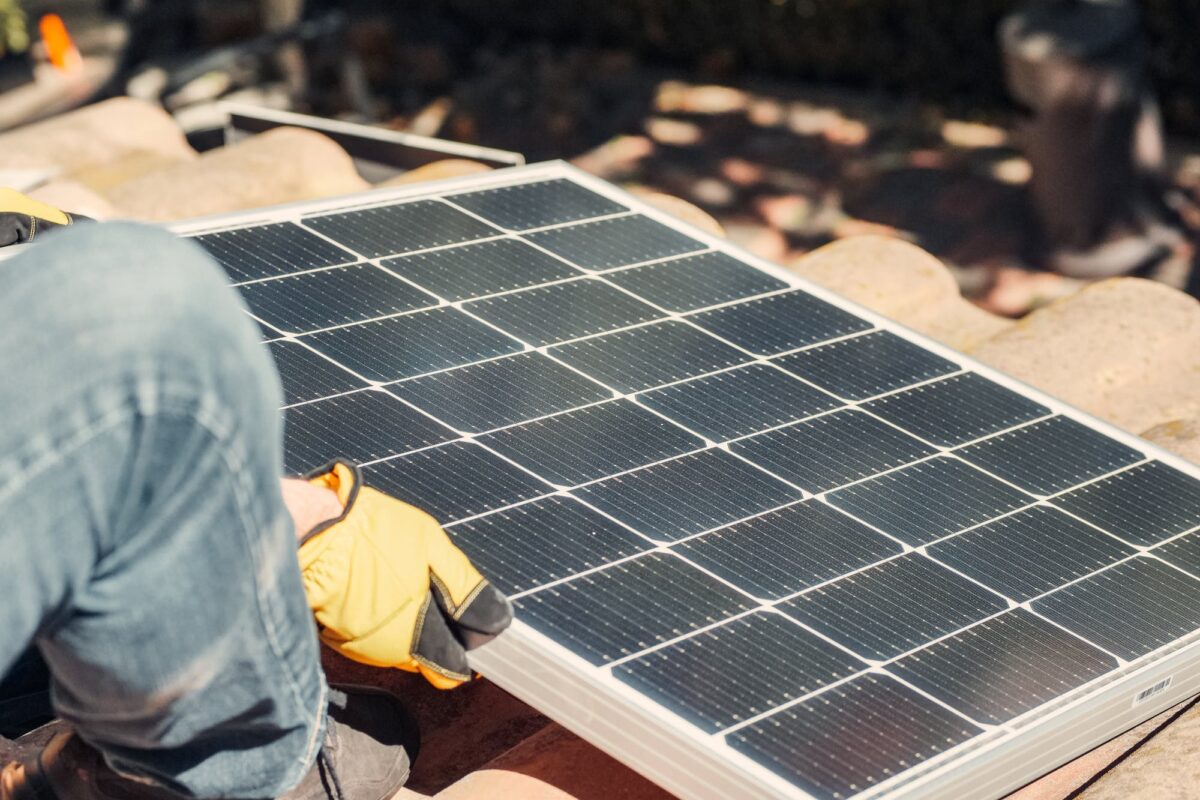Tariff chaos reigns supreme in the development of the U.S. stationary battery energy storage industry. Facing extraordinary tariffs of 145% on BESS imports into the country, developers will have to rely on inventory to realize projects. When these stockpiles are exhausted the outlook is unclear.
Even the 145% tariff rate is uncertain. On April 14, the White House released a “Fact Sheet,” which appeared to clarify tariffs matters. In it, the White House noted that “China faces up to a 245% tariff on imports to the United States as a result of its retaliatory actions.” And it showed its working. “This includes a 125% reciprocal tariff, a 20% tariff to address the fentanyl crisis, and Section 301 tariffs on specific goods, between 7.5% and 100%.”
Whether that means BESS will attract the 245% rate is unclear. Speaking at a Roth Capital Partners webinar on April 17, Daniel Finn-Foley of Clean Energy Associates (CEA) said that his team was still trying to ascertain whether BESS would be hit with the absurdly high rate.
“The numbers are just changing so quickly,” said Finn-Foley, the Director of Energy Storage, with CEA’s market intelligence team. But their impacts are already being felt.
Falling expectations
If the 145% rate sticks, it will still have a profound effect on the US BESS marketplace. And it comes on top of already reduced expectations given the uncertainty surrounding supportive policies such as the Investment Tax Credit (ITC) and the Production Tax Credit (PTC).
Energy analyst Wood Mackenzie forecast a 27 GW delta between its low and high scenario for BESS installations over the next five years. The high scenario was based on Inflation Reduction Act subsidies being retained, and that “additional tariffs under Trump do not materialize.” The low case now appears realistic, which forecasts a 27% decline in annual BESS installations in 2027 from today’s levels – to approximately 10.9 GW.
Read the full article on our ESS News website…
This content is protected by copyright and may not be reused. If you want to cooperate with us and would like to reuse some of our content, please contact: editors@pv-magazine.com.









By submitting this form you agree to pv magazine using your data for the purposes of publishing your comment.
Your personal data will only be disclosed or otherwise transmitted to third parties for the purposes of spam filtering or if this is necessary for technical maintenance of the website. Any other transfer to third parties will not take place unless this is justified on the basis of applicable data protection regulations or if pv magazine is legally obliged to do so.
You may revoke this consent at any time with effect for the future, in which case your personal data will be deleted immediately. Otherwise, your data will be deleted if pv magazine has processed your request or the purpose of data storage is fulfilled.
Further information on data privacy can be found in our Data Protection Policy.